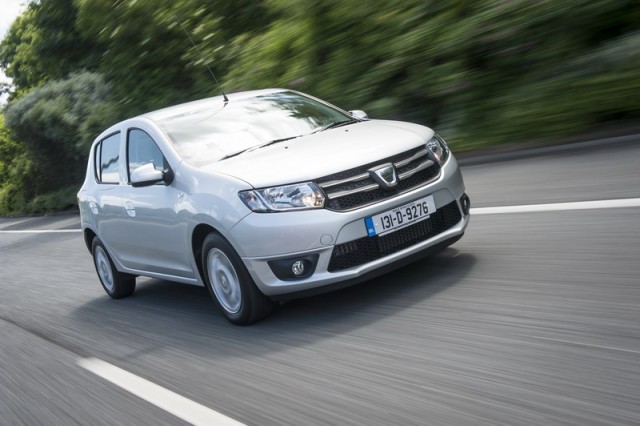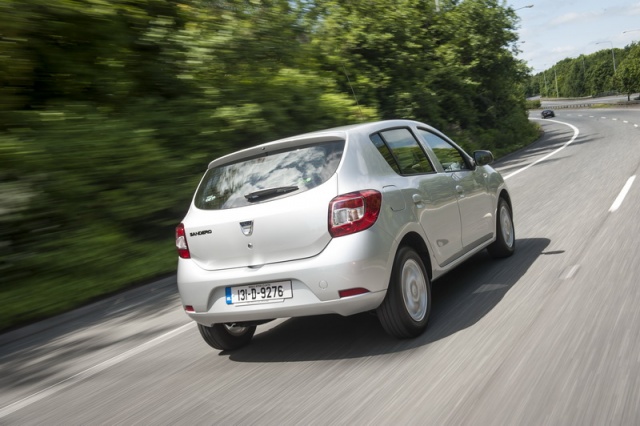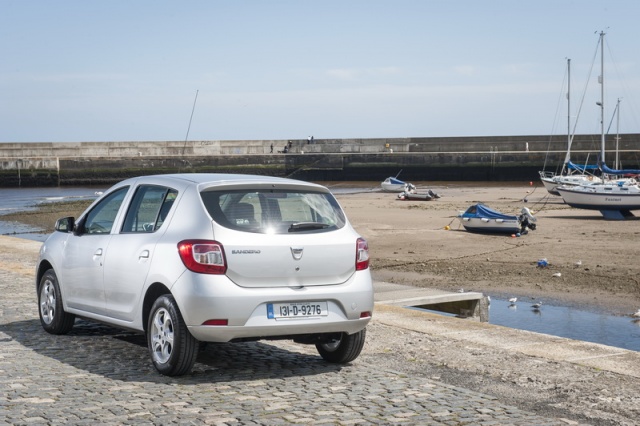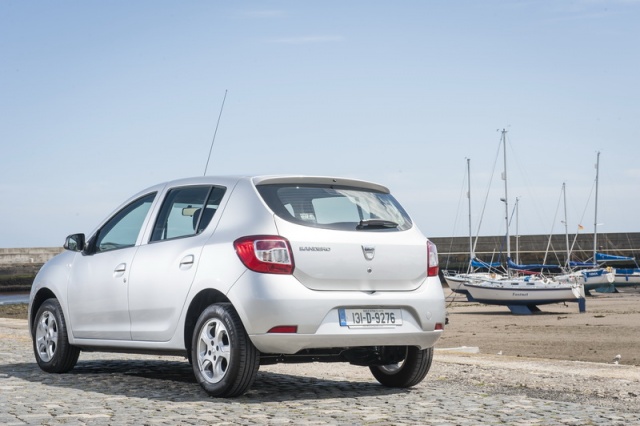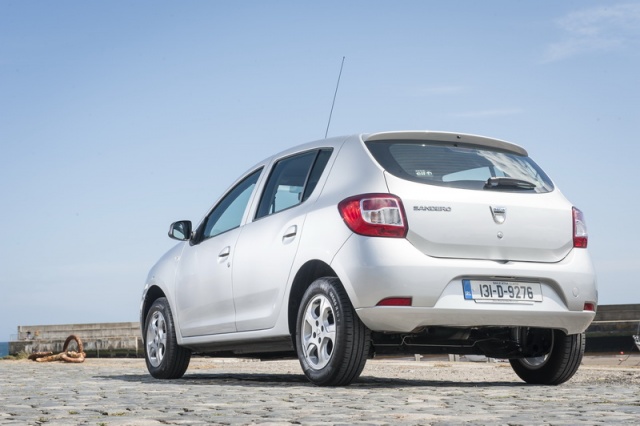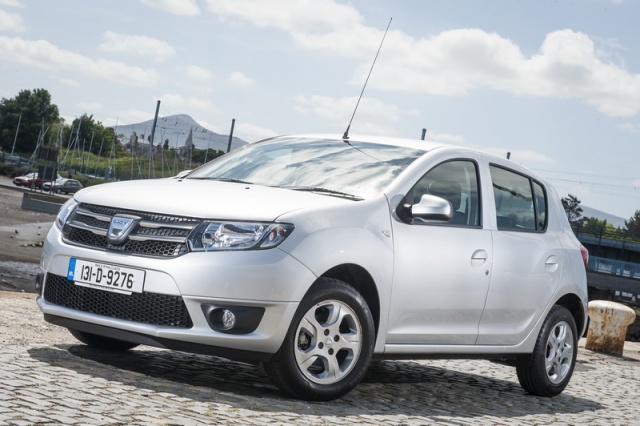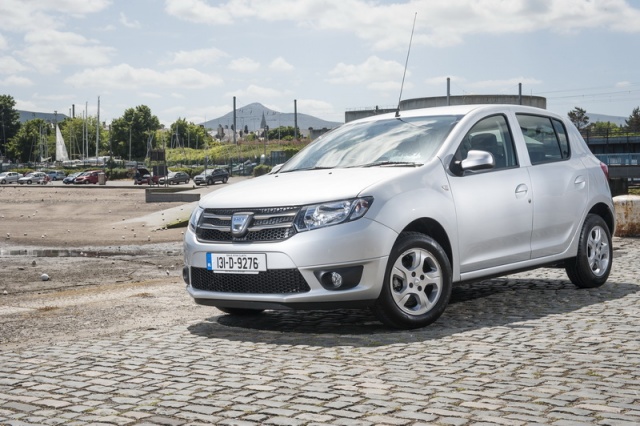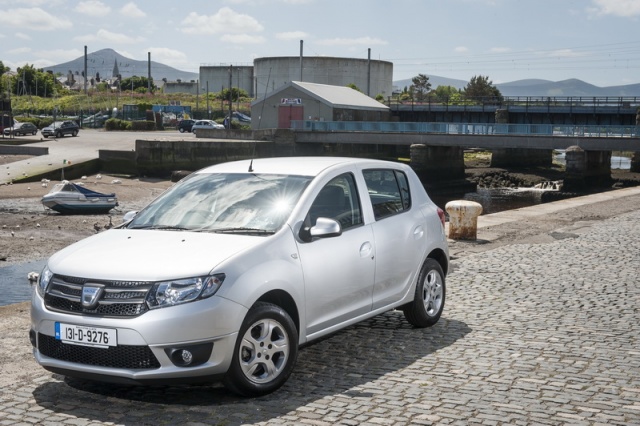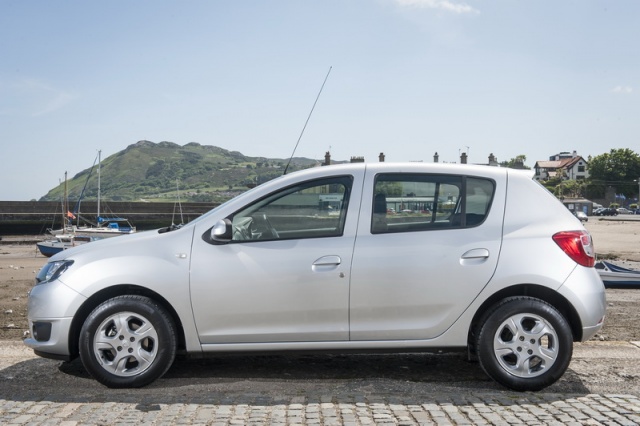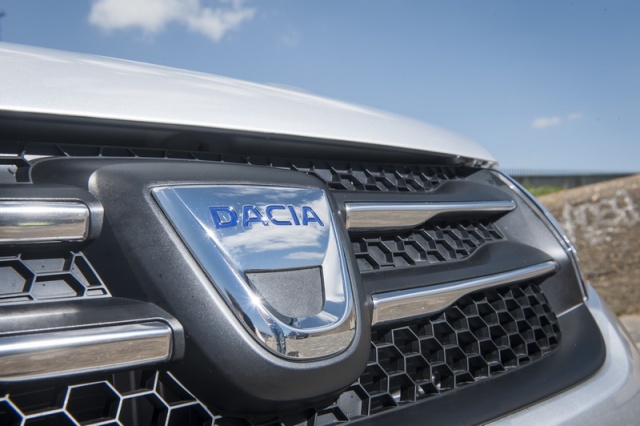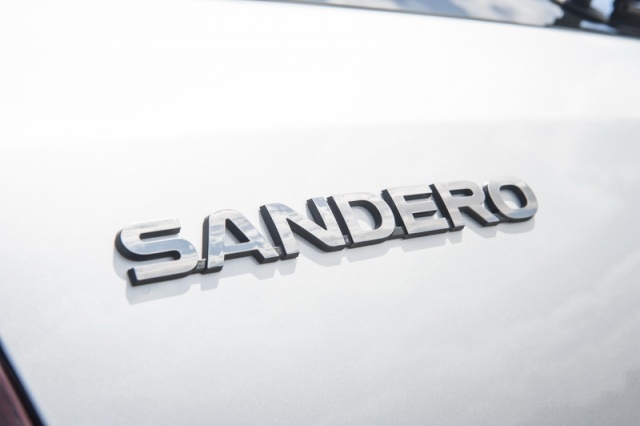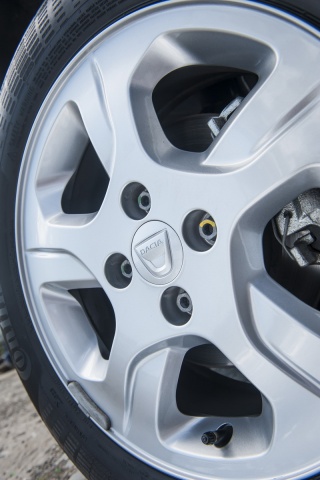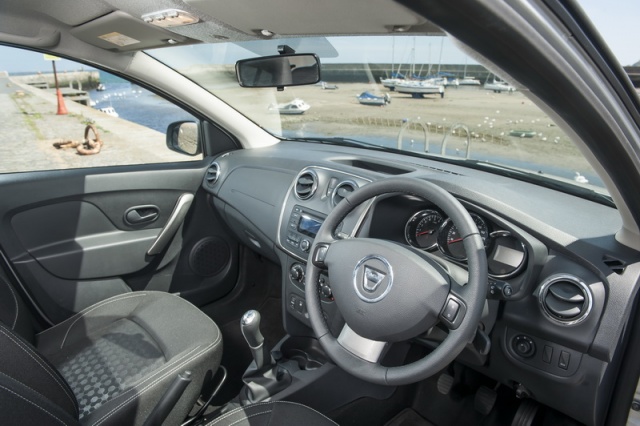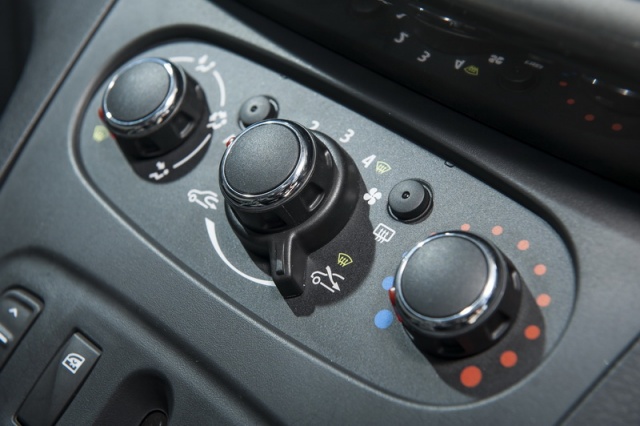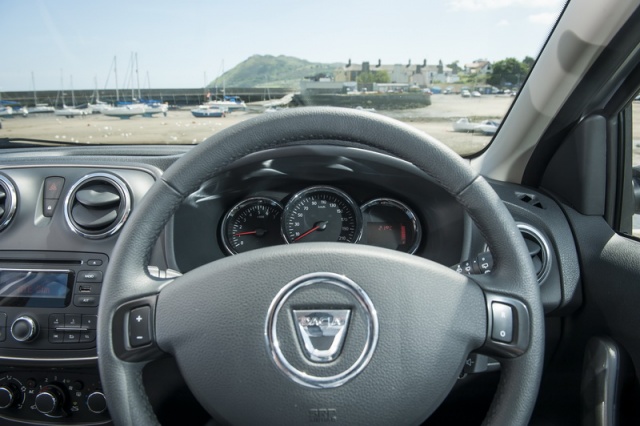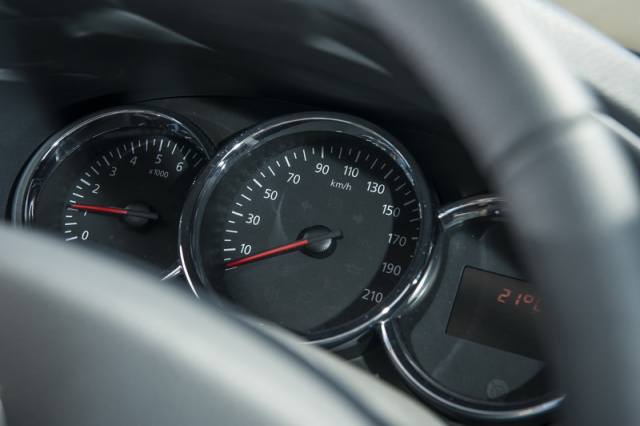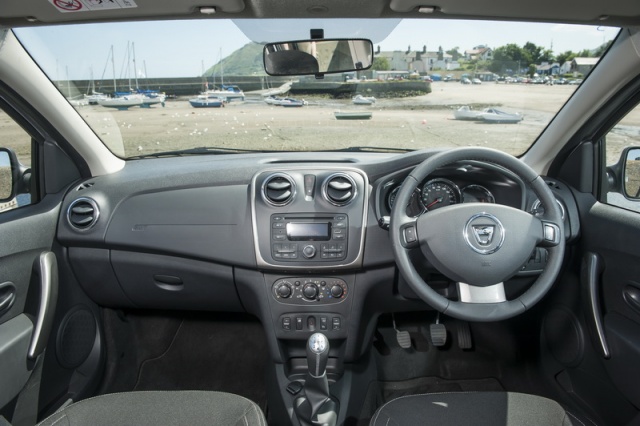Good: affordable, practical, cracking engine, decent warranty, sensible.
Not so good: cheap cabin, lifeless chassis, should you just buy used?
So, just how far downmarket can you go before you should really think about not buying new at all and heading off to trawl the second hand ads? And is downmarket a fair word to use when talking about a car that has modern safety kit, a thoroughly modern compact turbocharged engine and is made by one of the biggest motoring groups in the world? There are an awful lot of questions that spring to mind as soon as you first grab the keys to a Dacia Sandero, and the first and foremost one is “is it worth it?”
Now, that may seem a tad churlish when considering a car that costs from just €9,990 (or €11,990 for this Alternative spec car with the turbocharged 900cc three-cylinder petrol engine), but at this kind of super-affordable price level, the most pertinent question is whether or not to stay new or go used. Some of the reasons you may prefer to buy new are warranty (the Sandero has a three-year one that can be extended to five years at a one-off cost of €369), low road tax (our test car scores a Band A4 tax rating, with 116g/km and an annual bill of €200) and safety. Ah yes, safety, something that Dacia has been castigated for in the past - and the bigger Duster SUV did arrive on this market without the crucial addition of standard electronic stability control.
Thankfully, a quick glance at the spec sheet reveals that the Sandero does indeed come with stability control as standard, as it does anti-lock brakes and brake assist. Why the standard stability control on a smaller car when the Duster continues to do without? According to Dacia, it's because the Sandero sits on an all-new platform, so under EU regulations has to have it as standard. The Duster, based on the original 2004 Dacia Logan, can get away for a while without it.
Other standard equipment on the Sandero includes four airbags, daytime running lights, height adjustable headrests, 60/40 split folding rear seat, electric front windows and a stereo with CD, MP3, USB and Bluetooth phone connection. That's alongside the car's standard safety toys, which seems pretty generous. Step up a level to the Signature trim and you get alloys, air conditioning, a trip computer and more.
That basic model comes with an old Renault 1.2-litre petrol engine developing 75hp, which looks alluringly priced but whose CO2 emissions of 135g/km will set you back €280 a year in motor tax. You could go for the 90hp 1.5 dCi diesel engine, but we reckon you're much better to upgrade yourself to our test car's TCe 90 engine. It's a terrific petrol unit, pulling cleanly from low rpm and proving both entertainingly muscular and really very refined, and even in a Sandero filled with kids and luggage it sits rock-solid on the motorway, with power in reserve. It's even decently economical, using an average of 6.0 litres per 100km in our hands. It would be an outstanding engine in any car, but in an €11,090 Dacia (€13,090 if you want it in the ritzier Signature grade), it's close to amazing.
If you've ever owned a Renault in the past decade, you can amuse yourself for a few minutes by just sitting in the Sandero's cabin and playing Spot the Switch. A little bit of old Clio here, some Laguna there and a smattering of Mégane over there. Still, while it may be a ‘bitsa' the Sandero feels well put together and Dacia's reliability record is generally very good. Space in the front is fine and there's a 320-litre boot (with a rather too high loading lip), but it would be good to see a touch more legroom in the back. It's OK back there, but taller passengers, or those loading up bulky child seats, will feel the pinch. There are a few rough edges to the quality of the plastics, and the seats are a smidgen too narrow and perched-up for taller drivers, but otherwise there's little to complain about.
That goes for the dynamic performance too. Certainly, the Sandero's chassis is helped by the performance of that TCe 90 engine, whose 90hp and 135Nm of torque help to cover up any holes in the cornering department, but the plain fact is that the Sandero is perfectly fine, if totally unexceptional, to drive. It rides very well, especially around town where it's particularly good at shrugging off speed bumps, and on the motorway it feels planted and secure. On a twisty road, well, you're not going to get up early to drive it for fun, but it's fine, although the mute, rubbery steering discourages any attempts at enthusiastic driving.
The Sandero is an avowedly simple car, and in an era when car makers are constantly trying to surprise and delight us with yet more gadgetry and gimmickry, that's a rather refreshing take. It's quietly handsome (Germanic, claims Dacia, as opposed to its cousin, the more Latin Renault Clio), practical and quite fine to drive.
I can't quite shake the feeling that at this price level, you're still better off shopping in the second hand market. After all, €10k buys you an awful lot of Focus or Golf, let alone the kind of Fiesta, Polo or Yaris with which the Sandero competes directly. True, the Sandero is a brand new car with a full on warranty, but then there are plenty of good manufacturer-backed second hand plans around now that come with warranties and roadside assistance included.
Still, if you are determined to buy new, you could do an awful lot worse than a Sandero, and that is, I suppose, rather the point.
Alternatives
Hyundai i20: more spacious, more prestigious and, yes, more expensive, but does come with a five-year warranty as standard.
Kia Rio: also more expensive, but good to drive, very good looking and comes with that famous seven-year warranty.
2010 Opel Corsa: €9,990 gets you a 1.2-litre Corsa from Opel's approved used Network Q programme.

